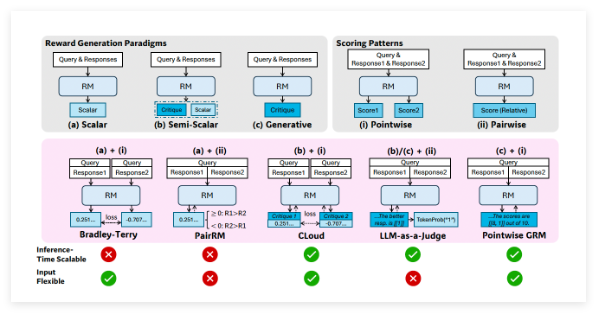Recently, a software engineer purchased the domain OGOpenAI.com for "less than the price of a Chipotle meal" and redirected it to the website of DeepSeek, a Chinese AI lab. This lab has been gaining attention in the open-source AI field.
According to software engineer Ananay Arora, who spoke to TechCrunch, his intention was to support DeepSeek, as the lab recently launched an open version model called DeepSeek-R1, which claims to outperform OpenAI's o1 in certain benchmark tests. Arora stated that DeepSeek's model can be used offline, and any developer with the necessary hardware can access it for free, similar to some of OpenAI's earlier models like Point-E and Jukebox.

DeepSeek has attracted attention from AI enthusiasts in the past week due to its model's open-source nature. In stark contrast to OpenAI's recent trend of reducing the release of high-end models, DeepSeek offers developers a more accessible way to use its technology. OpenAI's recent conservative approach has drawn criticism from some industry figures and has even been mentioned in Elon Musk's lawsuit, accusing the company of failing to fulfill its original nonprofit mission.
Arora mentioned that he was inspired by a now-deleted post from Perplexity CEO Aravind Srinivas on the X platform, which compared DeepSeek to early OpenAI. "I thought, hey, redirecting this domain to DeepSeek would be fun," Arora told TechCrunch.
As DeepSeek rises, Chinese AI labs are gradually releasing open alternative models, such as Alibaba's Qwen. Despite the U.S. government's attempts over the years to curb Chinese AI labs through chip export restrictions, the latest AI models emerging from China suggest that more measures may be needed to address this rapidly evolving technology.
Arora's action is not only a support for the open-source AI movement but also an interesting exploration of technological change and innovation spirit.










